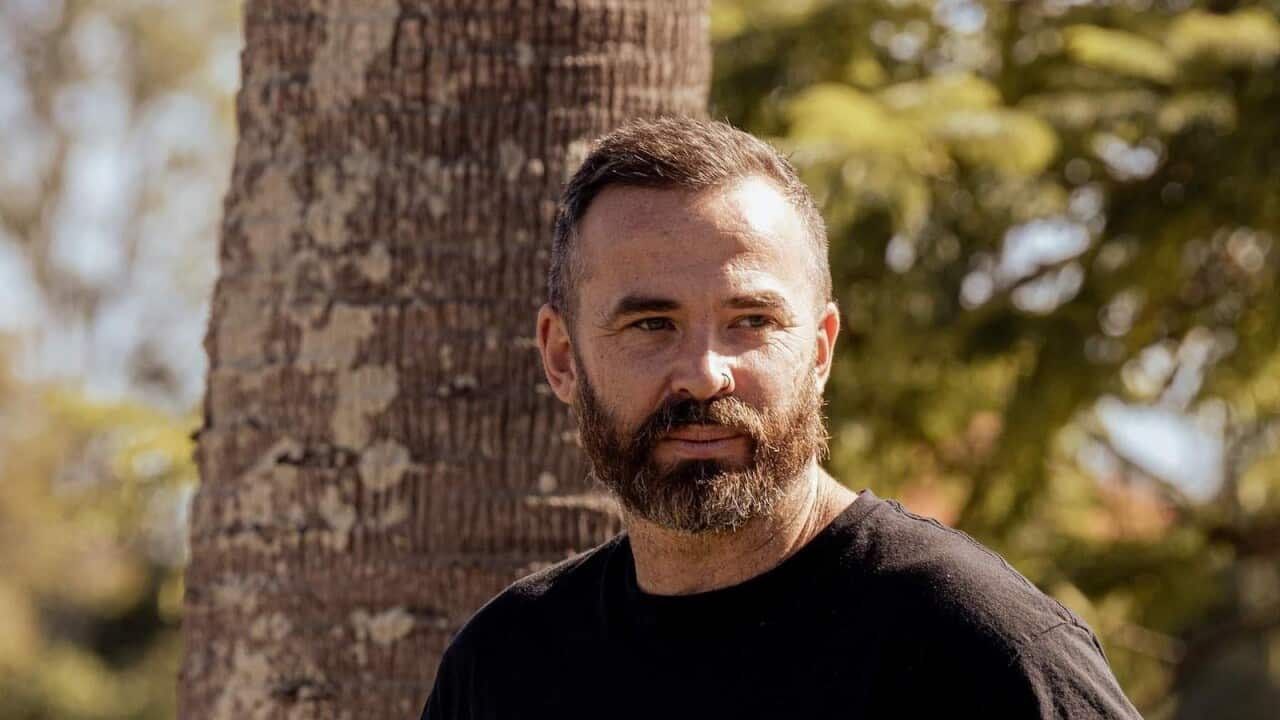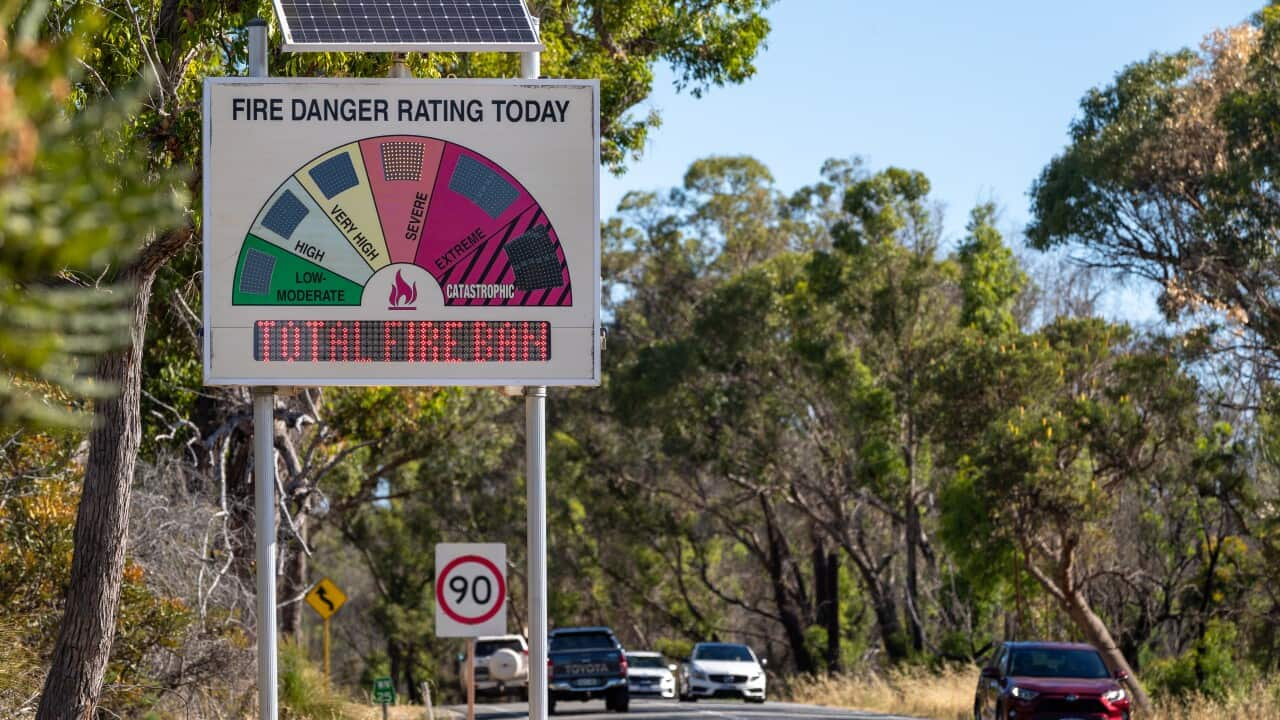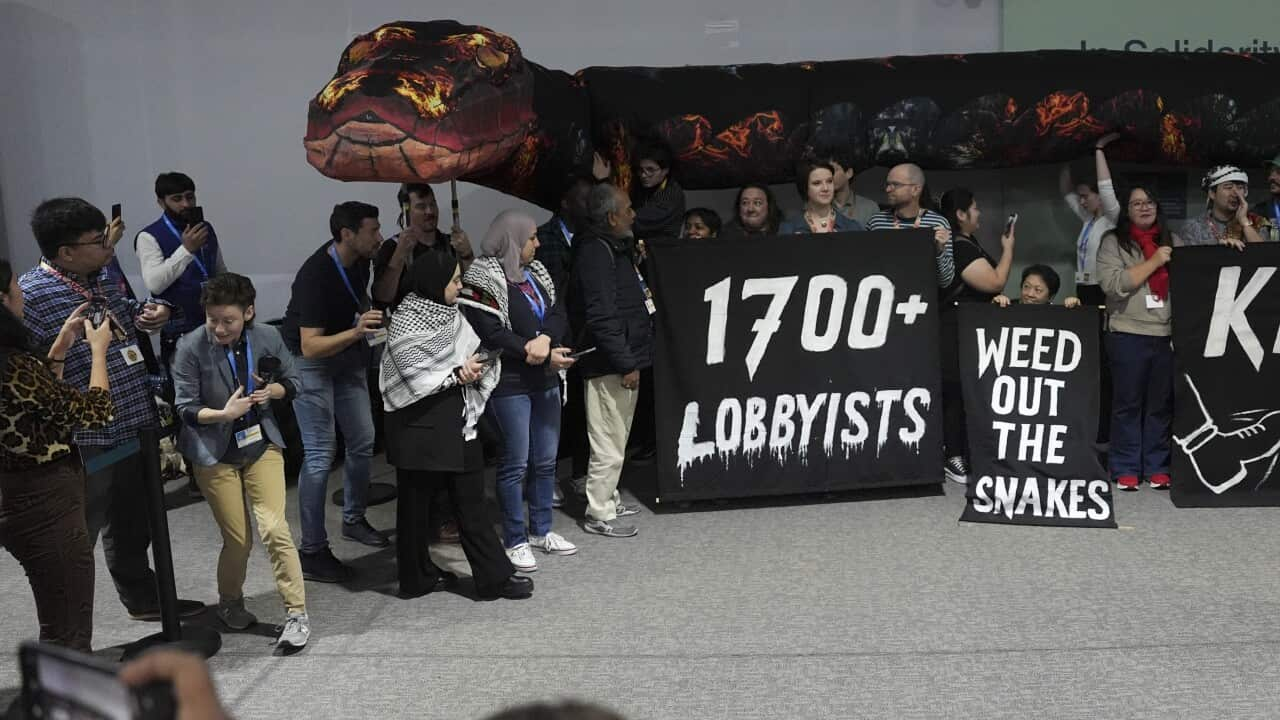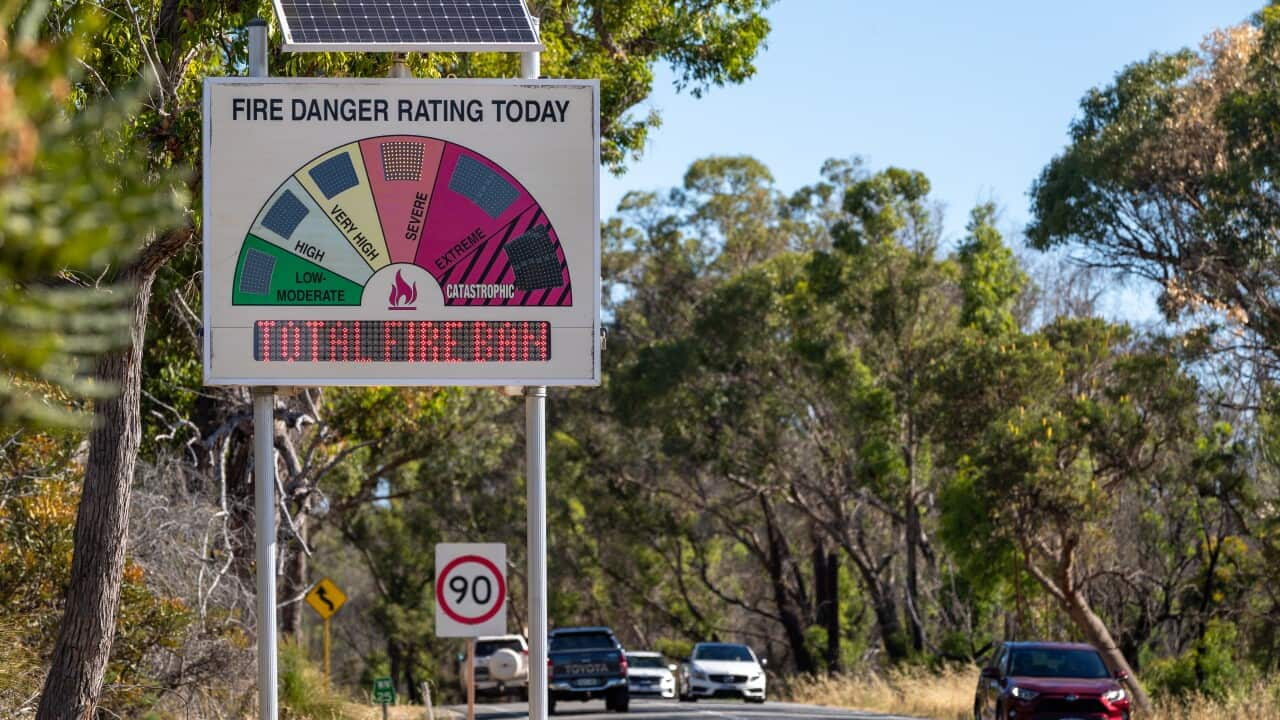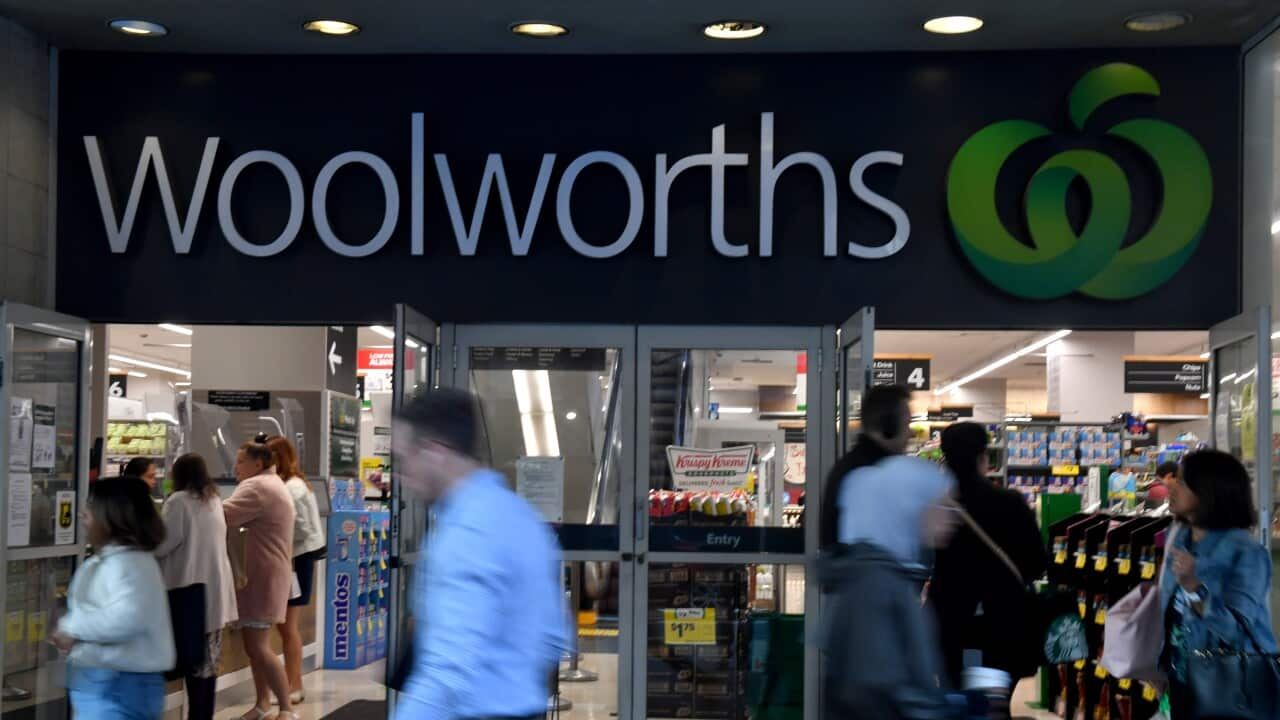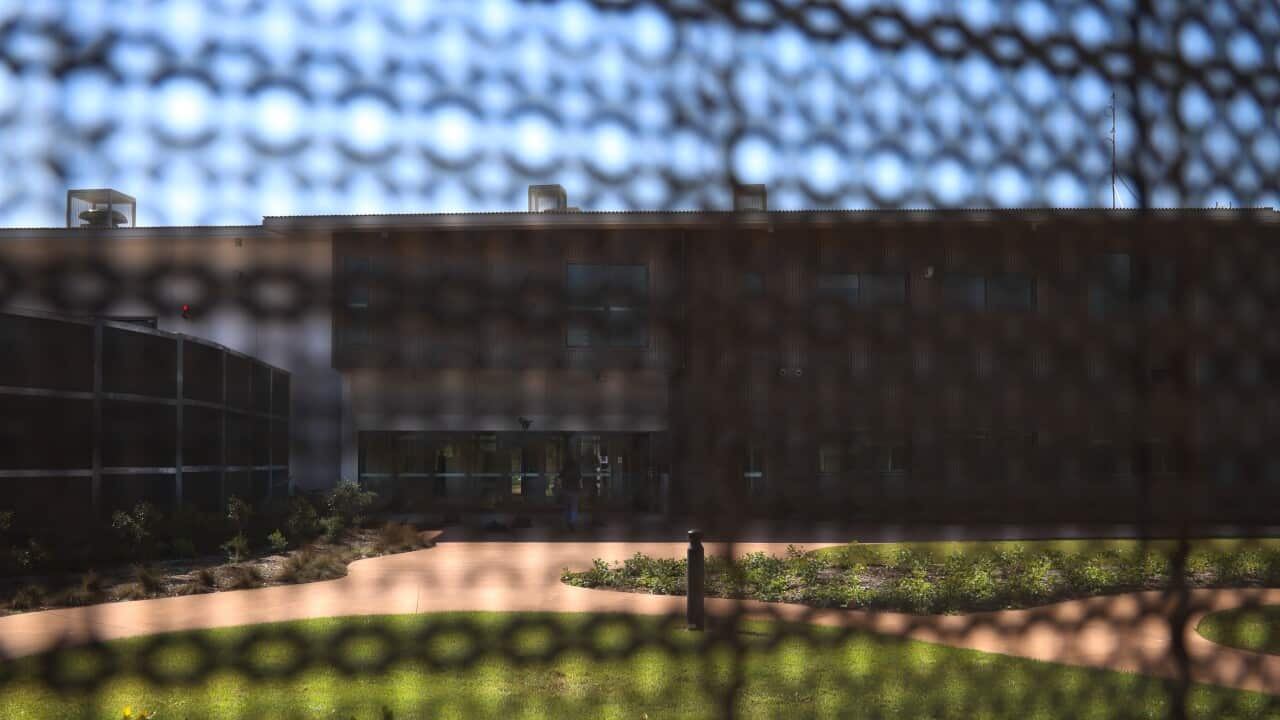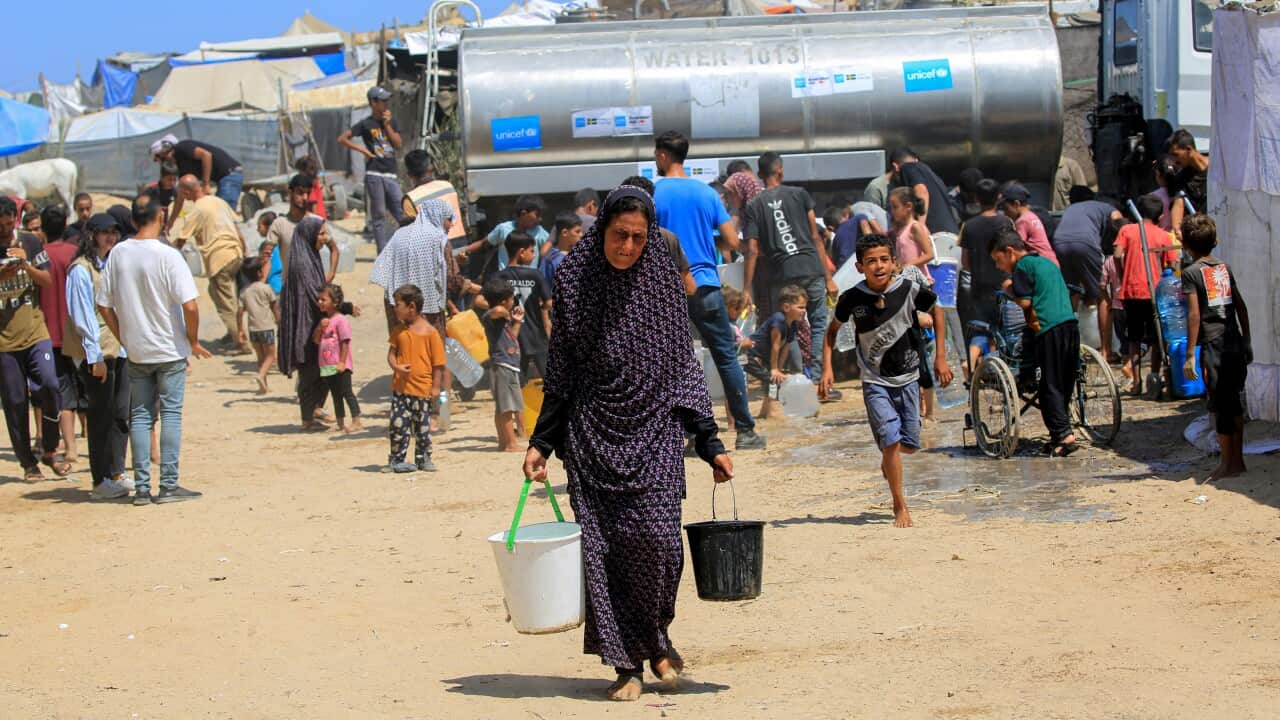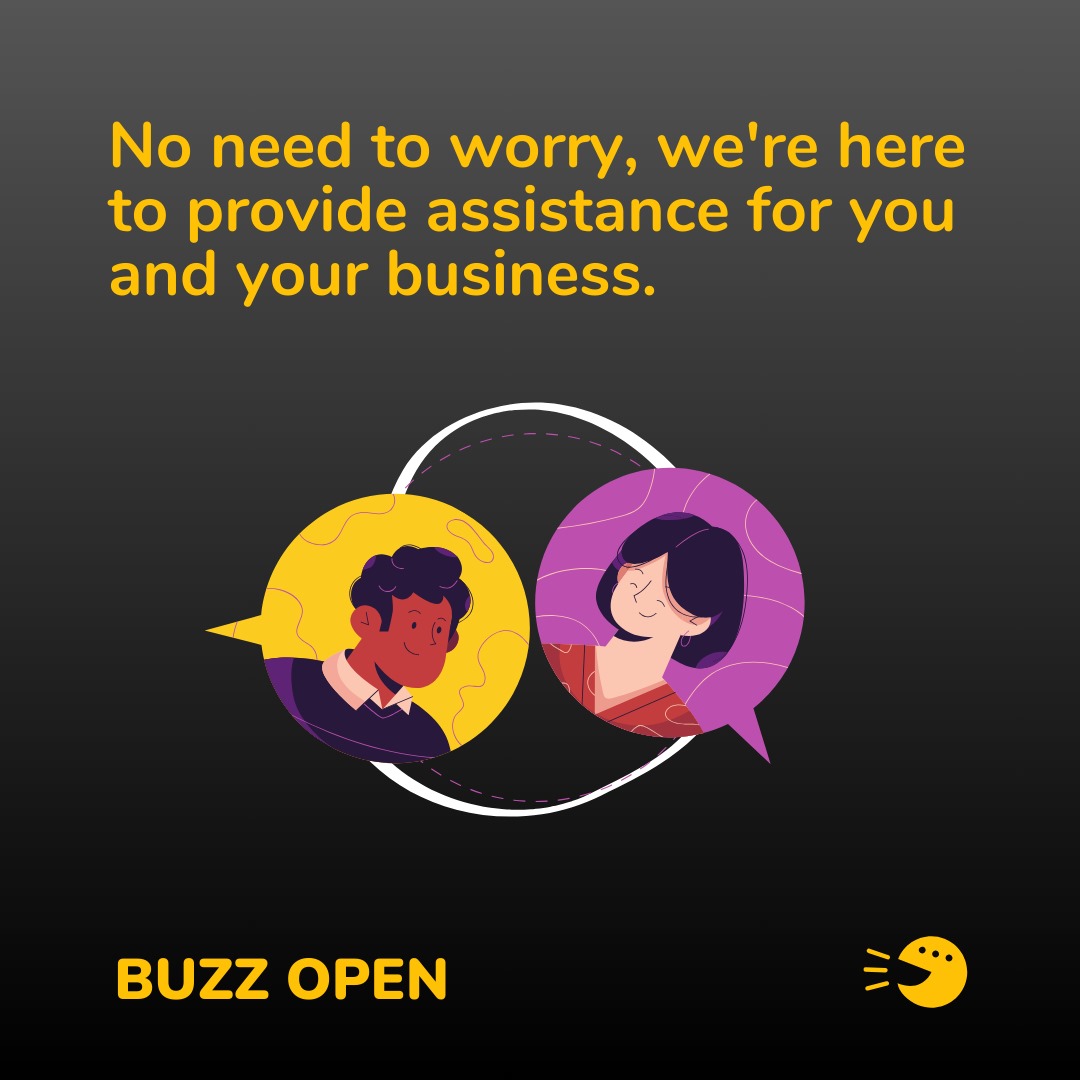We all feel guilt, but can we harness guilt for good? Watch Insight’s episode Guilt on .
Guilt is a relentless companion in the lives of many parents. It became a daily struggle for me once my two beautiful kids entered the world.
Society perceives us dads’ role as a provider and protector, and this became deeply ingrained in me, leading me straight into the realm of workaholism.
Driven by the need for my family to be financially secure, I immersed myself in long hours and constantly worried about the what-ifs — what if I lost my job? How would I provide for my kids?
While rooted in good intentions, this dedication to work had unforeseen consequences.
As the provider, I was exhausted, overwhelmed, and stressed, consumed by the fear of an uncertain future.
Work became my refuge, a place where I could ensure security for my family.
However, this focus on providing materially came at the cost of being able to provide emotionally.
The fallout from focusing on work
In the pursuit of stability, I inadvertently sacrificed quality time with my kids and being fully present with them.
Work invaded my mind even during playtime, taking away the precious moments I had with my children.
The guilt was unbearable, as I knew my kids felt my energy and presence.
The impact extended beyond my relationship with the kids; it seeped into my marriage.
The same distracted presence that affected my interactions with my children drove a wedge between my wife and me.
Slowly but surely, we drifted apart, and eventually, the marriage ended.
The loneliness that followed amplified my guilt, now compounded by the realisation that I had failed to keep my family together.
Stephen says time with this children is precious. Source: Supplied
A need for support
I recognised the need for change. I harnessed the guilt as a powerful motivator, a catalyst for transforming my behaviour and prioritising my relationship with my children.
Lacking support during the breakup, I decided to invest in myself, getting a mentor and life coach, and doing my utmost to strive to become a better father and, fundamentally, a better human being.
In the process of self-improvement, I identified a significant void in the wider community — the absence of support for dads, especially those navigating separation.
Conversations with my coach unveiled the extreme need for emotional support and human connection during such tumultuous times for dads.
This realisation birthed the idea of a ‘dads community’, a haven with no judgement for dads from all parts of society facing similar struggles.
Finding community
Last year, this community took shape, and the overwhelming response encouraged me to take a leap of faith, leaving my career behind to fully commit to this vital community cause.
Dads Community has become a beacon of hope, providing solace and support for dads burdened by guilt and shame.
In the aftermath of family breakdowns and other personal, family and societal challenges dads face, many will withdraw, isolate themselves, and grapple with mental health challenges. Some turn to drugs and alcohol as coping mechanisms.
The community stands as a benevolent force, offering dads and men the help they need, whether connecting them with professionals or fostering mateship within the community.
Stephen has analysed his parental guilt and tries to help others process theirs. Source: Supplied
Using guilt for good
Guilt, once the catalyst of my downfall, has become a force for positive change.
It propels me to continually evolve as an individual, strengthen my relationship with my children, and make a meaningful impact on society through the transformative work of Dads Community.
The journey from parental guilt to redemption has reshaped my life and become a lifeline for countless dads and families.
Today’s world is challenging to navigate. We are meant to be an emotionally available partner and dad, a great communicator, a safe person to all, a boss who understands each person’s needs and values, an employee who meets KPIs in a commercially driven world, and an available friend.
There are a lot of expectations to meet, especially if you are hard on yourself. This is where community comes in, where the load can be shared with like-minded people.
I feel very grateful for the challenges life has shown me. Guilt is my moral compass and will constantly correct my behaviour.
Readers seeking support with mental health can contact Beyond Blue on 1300 22 4636. More information is available at . supports people from culturally and linguistically diverse backgrounds.




